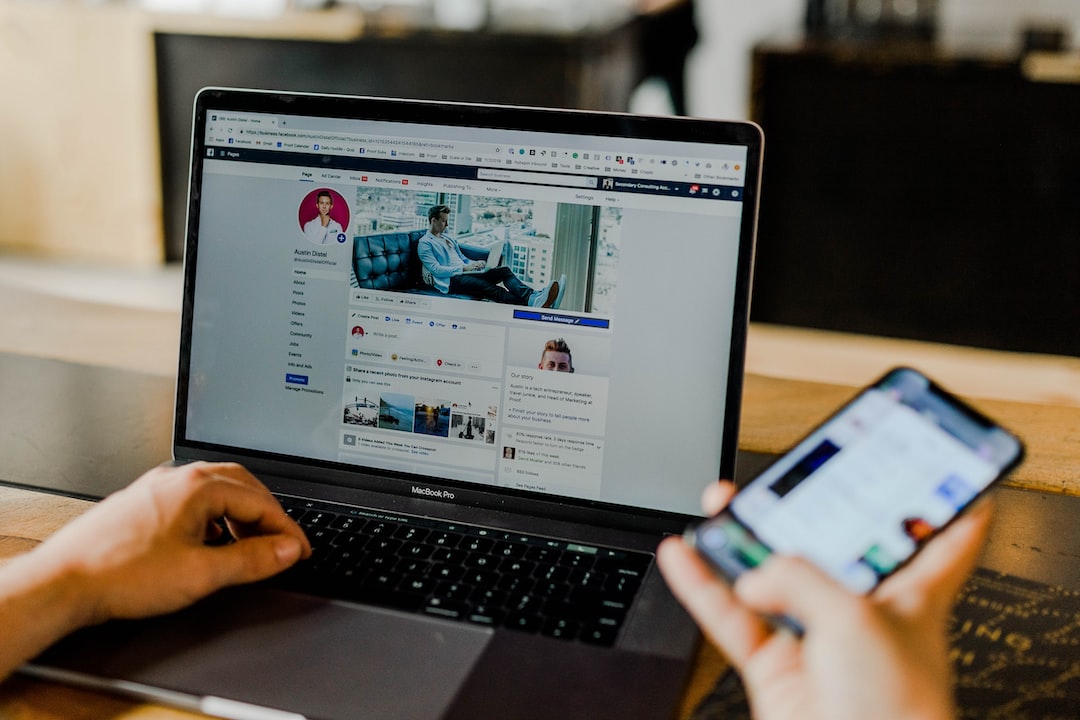Exploring the Impact of Social Media on Mental Health
In this digital age, social media has become an integral part of our lives. We rely on these platforms to connect with friends and family, share moments, and stay up to date on the latest trends and news. While social media has undoubtedly revolutionized the way we communicate, it is important to acknowledge its impact on mental health.
The Rise of Social Media
Social media platforms such as Facebook, Twitter, Instagram, and Snapchat have gained immense popularity over the past decade. Today, billions of people use these platforms to showcase their lives, opinions, and emotions. Social media has provided us with a virtual space where we can freely express ourselves and connect with others from around the globe. However, behind the glossy filters and seemingly perfect lives lies a complex relationship between social media and mental health.
The Dark Side of Social Media
Research has consistently shown a correlation between social media use and mental health issues such as anxiety, depression, and low self-esteem. The constant exposure to carefully curated images of others’ lives can lead to feelings of inadequacy and a constant need for validation. The phenomenon known as “FOMO” (fear of missing out) has become increasingly prevalent, as we compare our own lives to the highlight reels of others.
Additionally, cyberbullying has become a distressing reality for many social media users. The anonymity and distance offered by online platforms often embolden individuals to engage in hurtful behavior. The constant stream of negative comments and messages can have a profound impact on mental health, leading to feelings of isolation, shame, and even suicidal ideation.
The Perils of Constant Screen Time
Apart from the emotional impact of social media, excessive screen time can also take a toll on our mental wellbeing. Spending hours scrolling through social media feeds can disrupt our sleep patterns, increase feelings of loneliness, and contribute to feelings of disconnection from the real world. The blue light emitted by our screens can also negatively affect our circadian rhythm, leading to sleep disturbances and fatigue.
More alarmingly, studies have shown that heavy social media use is associated with increased levels of stress and poor mental health indicators. The constant barrage of news and highly curated content can heighten feelings of anxiety and contribute to a negative overall mood.
Finding Balance in the Digital Age
While the negative impact of social media on mental health is evident, it is essential to note that responsible and mindful usage can lead to positive experiences. Social media has the potential to foster connections, facilitate support networks, and raise awareness about mental health issues.
Setting healthy boundaries and establishing a balance between online and offline interactions is crucial. Taking breaks from social media, engaging in offline activities, and prioritizing real-life connections can help mitigate the negative effects of excessive screen time. Practicing self-care and implementing digital detoxes can also be effective strategies in maintaining good mental health.
Moreover, it is essential to curate our social media feed consciously. Unfollowing accounts that negatively impact our mental wellbeing and seeking out positive, inspiring content can significantly improve our online experience. Surrounding ourselves with individuals who uplift and support us in real life and on social media is equally important.
The Role of Social Media Platforms
In recent years, social media platforms have acknowledged their role in users’ mental health and have taken steps to mitigate these issues. Features such as content warnings, reporting mechanisms for cyberbullying, and mental health-focused campaigns have been introduced. Additionally, algorithms are being developed to prioritize posts that promote mental health and positivity.
However, more needs to be done. It is crucial for social media platforms to prioritize users’ mental health and well-being by implementing stronger policies against cyberbullying, offering resources for mental health support, and using algorithms that prioritize user mental health and positivity over engagement.
The Impact of Social Media on Mental Health: A Takeaway
Social media undoubtedly has the power to impact our mental health, for better or worse. While it provides us with a platform to connect, communicate, and share, it is crucial to navigate these spaces mindfully. Recognizing the negative impact of social media and taking steps to mitigate these effects is an essential step in safeguarding our mental health in the digital age. By establishing a healthy balance, curating our social media feeds, and seeking real-life connections, we can harness the positive potential of these platforms while minimizing the risks they pose to our mental wellbeing.

